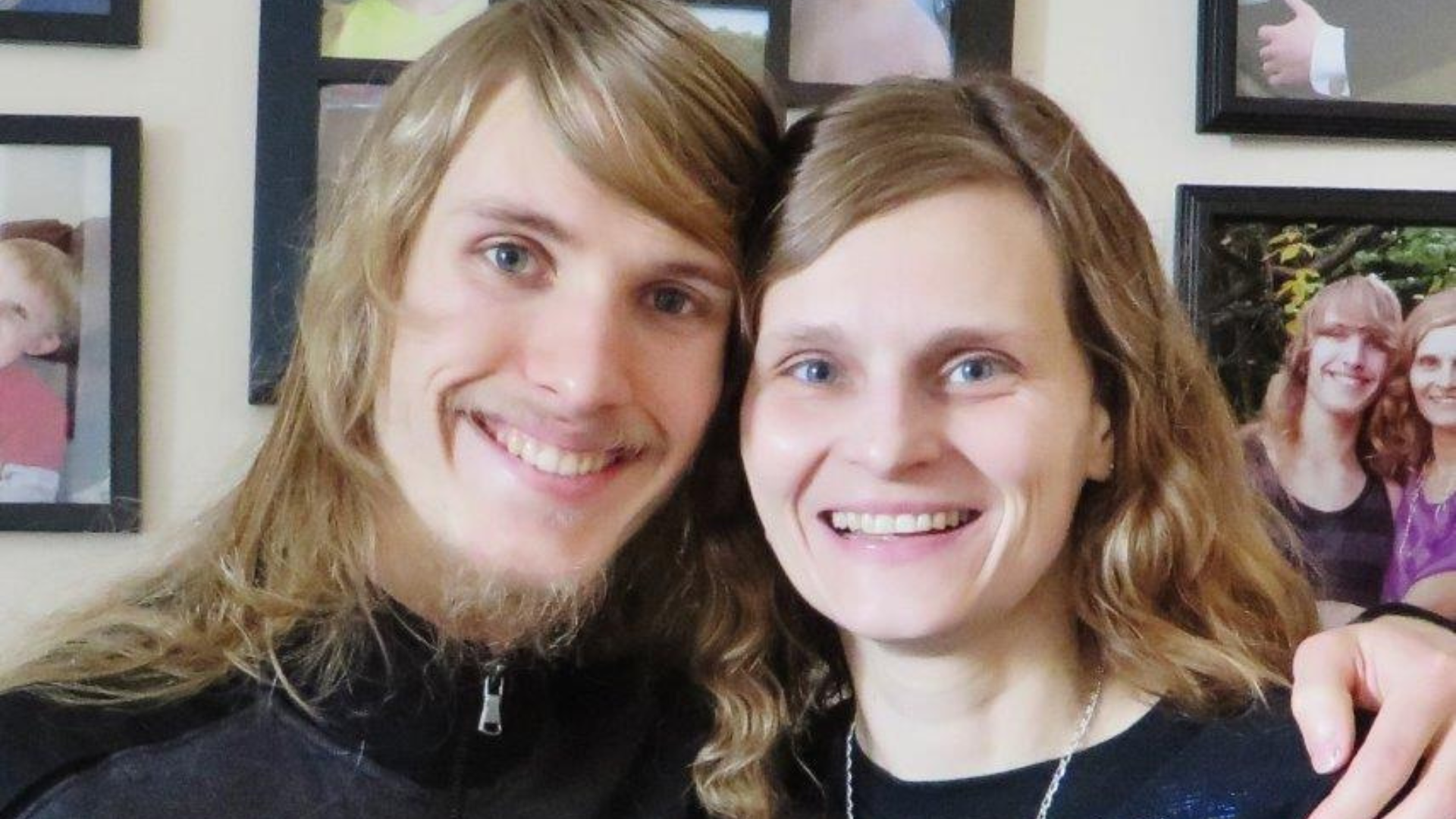
I have four children, and two of them are boys. Paxton, who is older, is circumcised; his younger brother, Jaxon, is not. The story behind this is a painful one for me to tell, but it’s also one of hope: Brothers don’t have to “match.”
Before Paxton was born, I knew in my gut I didn’t want to have him circumcised. But everyone around me said it was the right thing to do, including my husband. Finally, I agreed to go with him to talk with our pediatrician, who said it was better for boys to be circumcised. He waved off our concerns about pain, saying it would be just a snip.
But with the first diaper change all my fears were realized. It was no “snip”: It was an open wound. Paxton developed a painful ulcer, adhesions and other complications that lasted a long time. He cried with every diaper change. If I went anywhere near his genitals he would look at me in pure horror. I was sick and heartbroken. I didn’t let anybody change him but me.
I sank into a deep depression. I felt completely alone, isolated from everyone, including my husband. There was a point when I told him I would rather walk in front of a bus right now. It was like a heavy coat. It hurt to breathe.
The darkness began to lift a little when I started connecting on Facebook with other moms going through the same thing. I joined a group of them at a protest in Washington, D.C., during Genital Integrity Awareness Week, and that’s when I met Georganne Chapin from Intact America. Activism was empowering and it drove my healing. And learning just six months after Paxton was born that I was pregnant with his sister felt like a healing miracle.
When we found out I was pregnant with Jaxon two years later, there was no debate about circumcision. And we got no pushback from family—I think because for nearly three years I raged against it and told pretty much everybody I knew that circumcision was bullshit. By that time, we had left mainstream care, and Jaxon was born in a hospital with a midwife.
It was really freeing to be able to make a different choice. Jaxon is 2 now, and he has never cried during a single diaper change. But it has also been painful for me. I still deal with PTSD a bit, and changing his diaper literally transported my heart back to a place of pain.
It has taken four or five years to realize that something good came out of this journey: I have found my voice. I have grown into a person who can help other women who are struggling. I had always thought I was this “strong” person, yet I was brought to my knees. But then you say, “No more. I can’t allow this to consume my life and drag me to a dark place,” and you find a voice and you turn it around.
That was the turning point of my life. That’s when I became a totally different person. I am filling my own cup again, going to the gym and taking care of myself. I’m getting ready to rejoin protests when the pandemic restrictions lift. I’ve got an itch to get going again. I’m going to get back out there and hold some signs and make people uncomfortable.
— Elise Wicklund
Interested in lending your voice? Send us an email, giving us a brief summary of what you would like to write about, and we will get back to you.





keltusregis
December 23, 2020 8:18 pmThis story sickens me at my stomach and saddens me so, so deeply. Now an Intact America member/ambassador for several years, I always come away from personal stories such as this with a sickness and a feeling of deep sorrow.
I am nearly finished reading Ronald Goldman’s “Circumcision, the Hidden Trauma” written 23 years ago. The book is one of the most comprehensive and informative on circumcision that I have found. Goldman does not hold back. I am appalled and angered how misinformation persists and how “doctors” insist on the procedure. Part of the Hippocratic Oath is to “do no harm”. Doctors, pediatricians, obstetricians and attending nurses are directly violating their oath every time they cut an infant male. It is sexual abuse; mutilation; ampuatation; and, a violation of a child.
I am fortunate in that my dad was an intactivist, a term not even in the human vocabulary in his time or the early stages of my time. As an ordained graduate Seminarian, I do not “accept” Abraham’s supposed instruction from God. My theological mind calls it a myth. But, that is an argument for another time.
God Bless You, Elise Wicklund. We must continue to crusade and campaign against infant circumcision, both MGM and FGM. We MUST be the voices for those who cannot speak! // Rev. M. Vincent Turner //